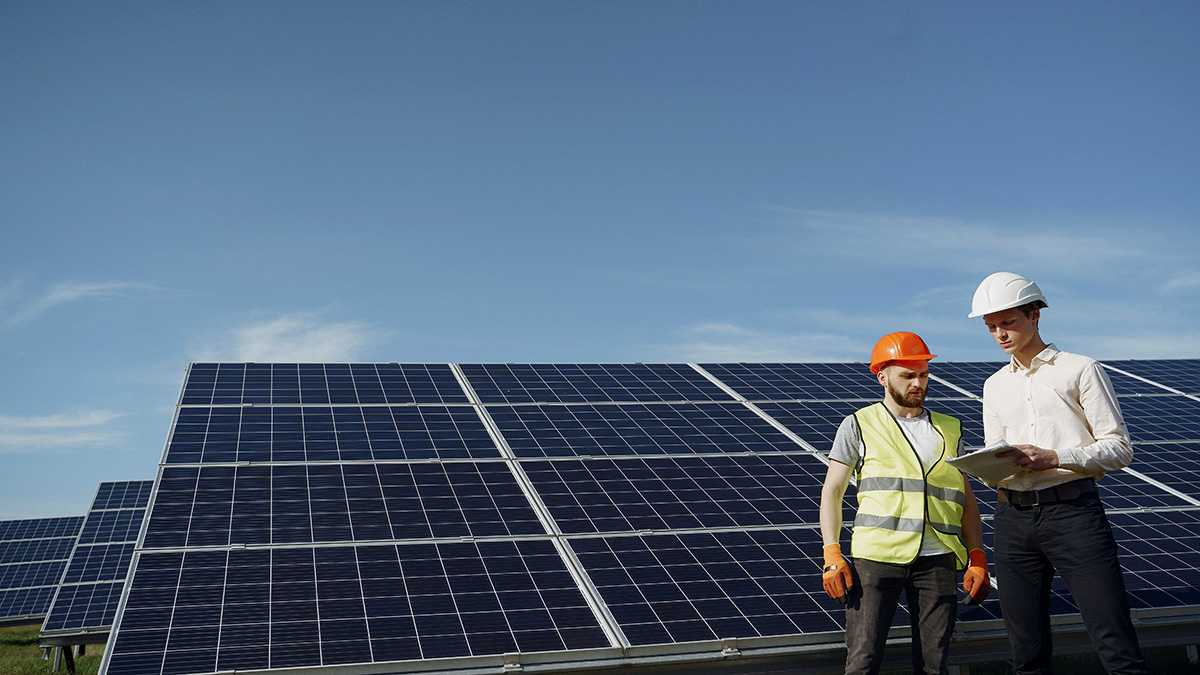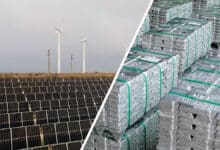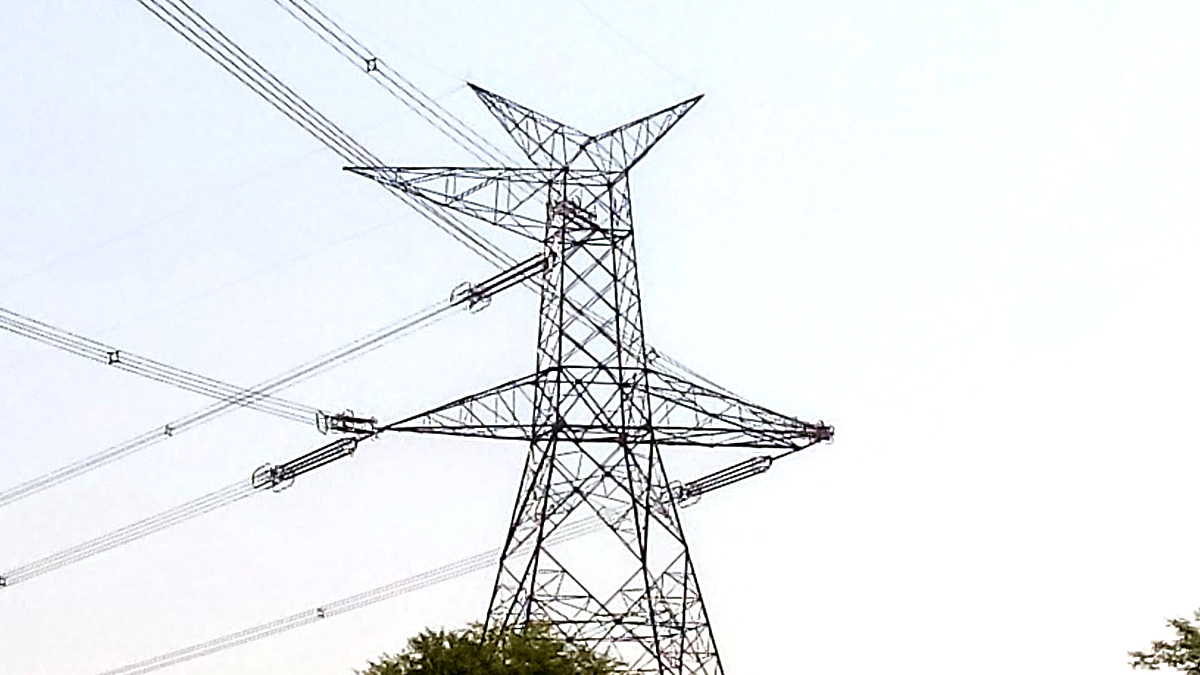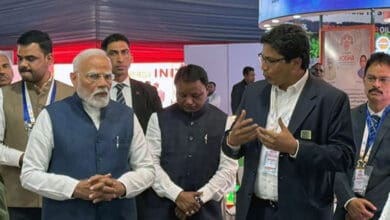Evolving needs from renewable energy solutions are sparking a new Canadian based company to provide a unique spin on a well-proven industrial technology solution. Officially unveiled, Solex Energy Science is focused on applying the science of bulk solids heat transfer to emerging challenges associated with sustainable initiatives such as solar power, waste heat recovery and carbon capture.
The core technology behind Solex Energy Science involves indirect heat transfer with a bulk solid and fluid. This can be divided into two categories:
- Solids to Liquids: Transferring heat from a hot solid to a liquid (e.g. water) that can then be pressurized for energy-recovery applications. Solid temperatures greater than 1,000°C are possible in this scenario. Alternatively, the bulk solid can be heated with a high-temperature liquid stream such as pressurized hot water or thermal oil.
- Solids to Gas: Cooling a high-temperature product with a lower-temperature gas or using a high-temperature gas to heat a product. In either case, the exchanger generally forms part of a waste-energy-recovery system.
Applications to the company’s patented solutions include:
- Energy from solar power: Using bulk solids to capture thermal energy from the next generation of Concentrated Solar Plants (CSP) and Compressed Air Energy Storage systems (CAES) and run power generation turbines.
- Waste heat recovery: Applying a new generation of bulk solids coolers to capture and re-use energy when handling high-temperature products.
- Carbon capture: Bulk solids heat transfer technology is increasingly seen as an integral component to improve overall efficiency and drive down operating costs in the new wave of high-efficiency carbon capture technology that is based on looping solid sorbents to adsorb and desorb carbon dioxide (CO2).
- Bulk solids as a heat transfer medium: Bulk solids such as sand and ceramic proppants are increasingly being used as heat transfer “fluids.” Solex Energy Science is helping to convert energy between these bulk solids and a useable energy source.
One of the company’s initial installations involves a partnership with Sandia National Laboratories in the ground-breaking development of a new generation of concentrated solar plants. The Albuquerque, New Mexico-based research organization, funded by the U.S. Department of Energy, is working with Solex on solid-particle-to-supercritical-CO2 heat exchange technology that will be used to power high-efficiency sCO2 turbines. Jordison emphasizes that while the focus is on developing new applications to bulk solids heat transfer technology, the company is also committed to offering solutions that are mechanically robust and economically viable. Solex Energy Science works in collaboration with Solex Thermal Science.













